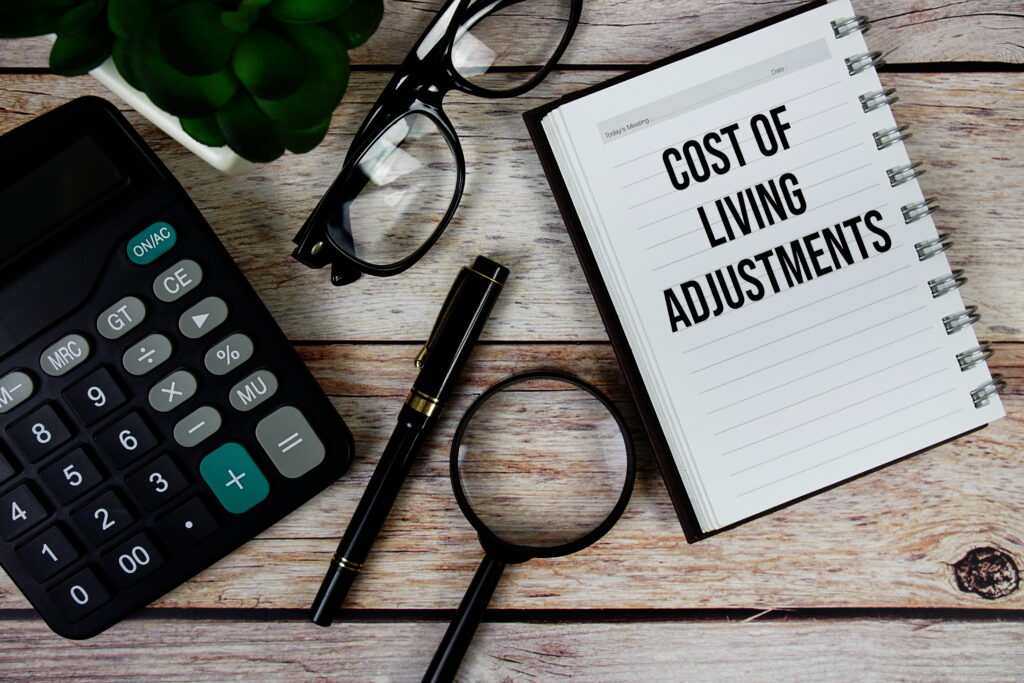Inflation is a core economic concept that impacts all of us. It can seem dry and boring, but understanding what it is and how it works is useful in making smart financial decisions. Here are some of the basics about inflation, its causes, and what you can do to help protect your finances.
What is inflation?
Inflation is the rate at which the level of prices for goods and services rises. It basically means that you get less for each dollar you spend. Central banks and governments try to keep it at moderate levels, but too much inflation can lead to economic instability.
Causes of inflation
Several things contribute to inflation, and there are several types:
Demand-pull inflation is what happens when there aren’t enough goods and services to meet the demand.
Cost-push inflation is driven by increased production costs, like rising wages or higher prices on raw materials.
Built-in inflation—also called wage-price inflation—is when workers demand higher wages, leading businesses to raise prices to cover the increased labor costs.
Effects of inflation on consumers
Inflation can impact us, as consumers, in a lot of different ways. It affects our purchasing power, savings, and overall financial well-being. As prices rise, the cost of living increases, making it more expensive to maintain our standard of living.
Inflation can be even harder on fixed-income earners, like retired people who rely on social security or pensions. They may have trouble keeping up with rising prices since their income doesn’t rise with them.
Savings and investments are also affected by inflation. If the interest or returns earned are lower than the inflation rate, the real value of money decreases over time.
Strategies to save amid inflation
1. Invest wisely
When inflation is high, it’s important to make strategic investment decisions to preserve and potentially grow your money. It’s smart to diversify your investment portfolio with assets that historically perform well during periods of inflation. Real estate, commodities, and inflation-protected securities are all good options.
2. Embrace risk management
Understanding and managing risk is essential when you’re dealing with inflation. Riskier investments usually offer higher returns, but they can be volatile. Carefully considering potential risks will help you protect your money during times of economic uncertainty.
3. Adjust spending habits
When inflation is high, it’s a good idea to reevaluate your spending habits and prioritize key expenses. Look for ways to cut unnecessary costs and build a budget adjusted for rising prices. Being mindful of your spending can help keep your finances stable during inflationary periods.
4. Explore inflation-linked investments
Certain types of investments, like Treasury Inflation-Protected Securities (TIPS), are designed to protect against inflation. TIPS adjust their principal value based on changes in the Consumer Price Index (CPI), to counteract rising prices.
5. Negotiate salaries and contracts
If you have opportunities to negotiate your salary or contract terms, it’s important to factor in inflation. Negotiating for wage increases or cost-of-living adjustments can help you keep up with rising prices and maintain your standard of living.
The bottom line
Inflation is a complex economic phenomenon that can have a big impact on your finances. By adopting smart strategies, like careful investing, risk management, and adjusting spending habits, you can safeguard your finances. Stay informed, be proactive, and adapt as necessary.










